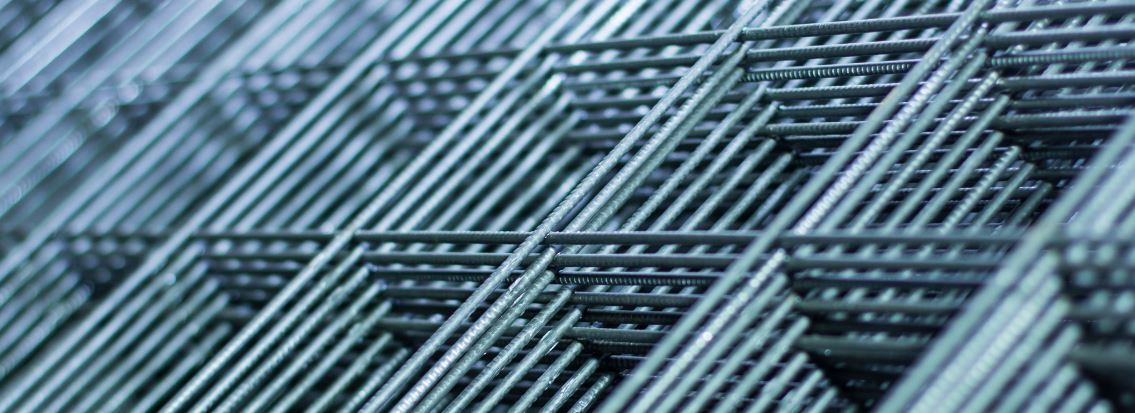Concrete reinforcement is almost certainly a must when it comes to infrastructure. The simple gist of this is that a support material, usually made of steel, is embedded into the concrete slab to improve its durability against stressful conditions such as heavy winds and seismic activities.
With concrete strengthening, there are two available options: Rebar and Wire Mesh. Both operate similarly and give the same kind of benefit to concrete slabs, which is giving it structural support and prolonging its lifespan. So what’s the difference, and can you just pick the cheapest one for your project?
Rebar
Rebar, or reinforcing bars, are round steel bars known for its tensile strength and dependability in maintaining structural integrity. It is undeniably stronger than wire mesh, hence its general use in commercial and infrastructure projects. Rebar is generally resistant to corrosion, though this varies depending on each available type.
Cost-wise, rebar is more expensive than wire mesh. The thicker it is, the higher the cost. Rebar is recommended for projects that are expected to handle heavy loads for long periods, such as concrete roads, parking lots, and specialized storage facilities.
Wire Mesh
As the name implies, wire mesh is a versatile product that is made up of steel wires. It is popular in construction thanks to its numerous industrial applications. It is also flexible in that it can be rolled up and laid out with ease.
Wire meshes come in all shapes and sizes, and much like rebar, they help prevent degradation within the concrete slabs. Handling them is a lot less labor-intensive and is mostly used for small projects such as houses and small buildings.
So which one’s better?
Both are good at what they do, which is supporting and improving the overall strength of concrete slabs. The simplest comparison between the two can be summed up as:
“Rebar is thicker, harder, and better for infrastructure. Wire mesh is thinner, cheaper, and good for thinner slabs.”
They are similar, but when it comes to strength and reliability, that all comes down to the skill of the contractor working on it. They can deter cracks from forming, but they cannot save a bad slab from crumbling in the future.
![]()










